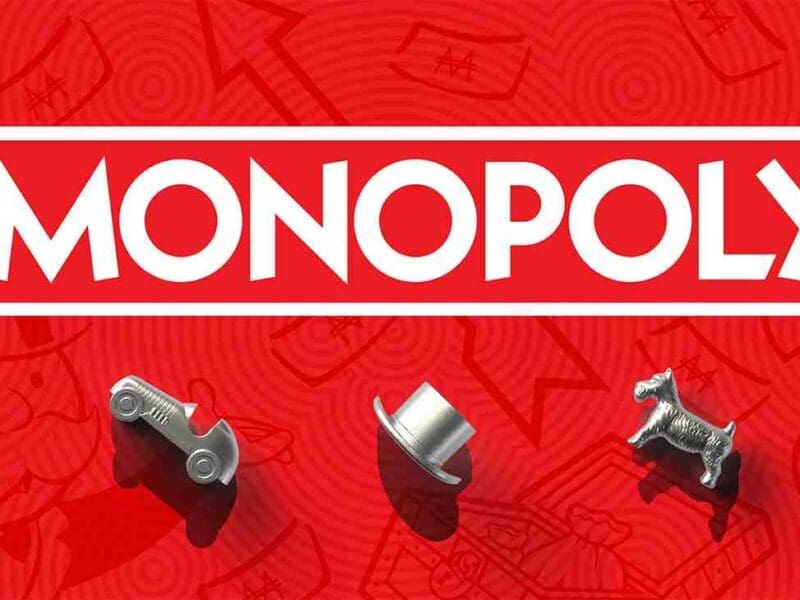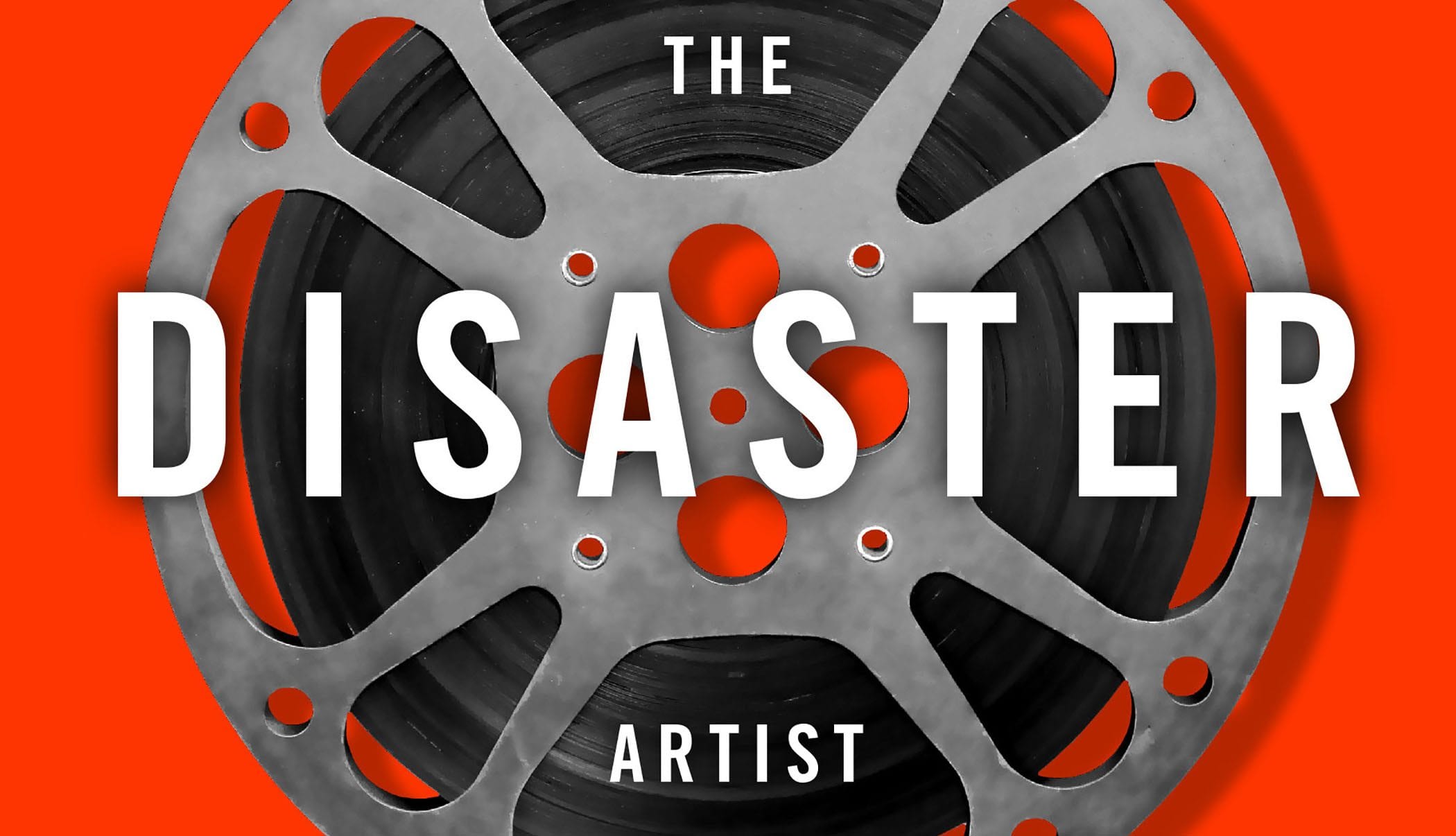
‘Save the Cat!’: The books every filmmaker should read
Any filmmaker worth his clapper board will have a pile of books that never stops growing. The best advice any director will give up-and-comers is to read as much as you can. Just ask Werner Herzog (Aguirre, the Wrath of God), whose only suggestion for wannabes is “Read, read, read, read, read.”
Books can teach the art to some degree, but they can also offer inspiring stories, a different way of looking at the world, or the history of the masters that came before us.

Although the written word appears to be a completely different medium, a good book will follow the same principles of structure and discipline as the best narrative films. The way a writer puts description to a page can be just as cinematic as a director framing the perfect shot in his lens.
Our advice to young directors is to watch as many films as you can and shoot as many films as you can, but the best director is a constant learner and the best education is found in reading. Here are some books we strongly recommend to anyone desperate to get into the film business.

The American Cinema
A beginner’s guide, Andrew Sarris’ coverage of American directors from 1929-1968, is an essential encyclopedia every film fan should have handy. Not a book to be read chronologically, the text is an invaluable reference point for early cinema and its best artists; hidden within its pages you may find a new favorite film you had never heard of before.

Hitchcock/Truffaut
Alfred Hitchcock was one of the few American filmmakers labelled an “auteur” by the French publication Cahier du Cinéma, which frequently featured François Truffaut as one of its writers. In this book, the American, commercial thrills of Hitchcock and the French, art-house stylings of Truffaut clash in a collection of fascinating interviews between the two directors. We would also recommend the documentary film of the same name.

The Disaster Artist
An essential for the filmmaker who needs to know what not to do, Tommy Wiseau and Greg Sestero’s The Room earned them international success for its textbook ignorance of the rules of filmmaking. The bizarre story behind the film, The Disaster Artist is another book with a handy film adaptation, a biopic starring James Franco as the enigmatic and mysterious Tommy.

Save the Cat!
The most notable directors often write their own screenplays or at least have a hand in the writing process. In fact, every director nominated for this year’s Best Director prize at the Academy Awards wrote his or her own script. The inclusion of a screenwriting manual is therefore a must for any new filmmaker’s library, and Save the Cat! is among the best.
Detailing minute-by-minute story structure, this first in a series of three books has been dubbed one of the greatest on the craft of writing, and its author Blake Snyder was one of the industry’s most popular mentors until his death in 2009.
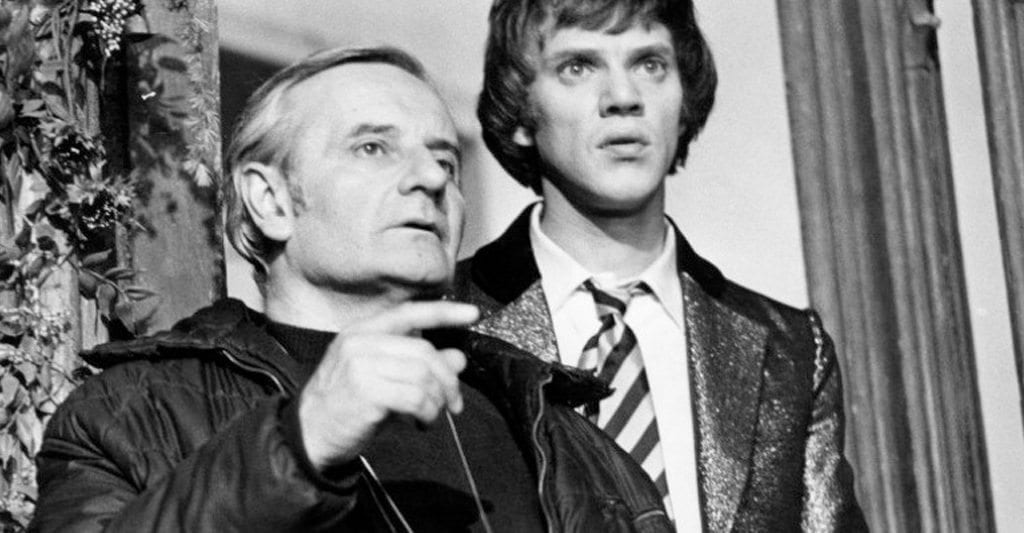
The Diaries
British director Lindsay Anderson is perhaps best known for introducing the world to Malcolm McDowell (A Clockwork Orange) in his brutal and satirical film If… . His films have become cult staples of Brit cinema and his extensive diaries have now been published, offering priceless insight into the mind of the director. A must for anyone seeking to delve deeper into the psyche and logistics of the filmmaking process.
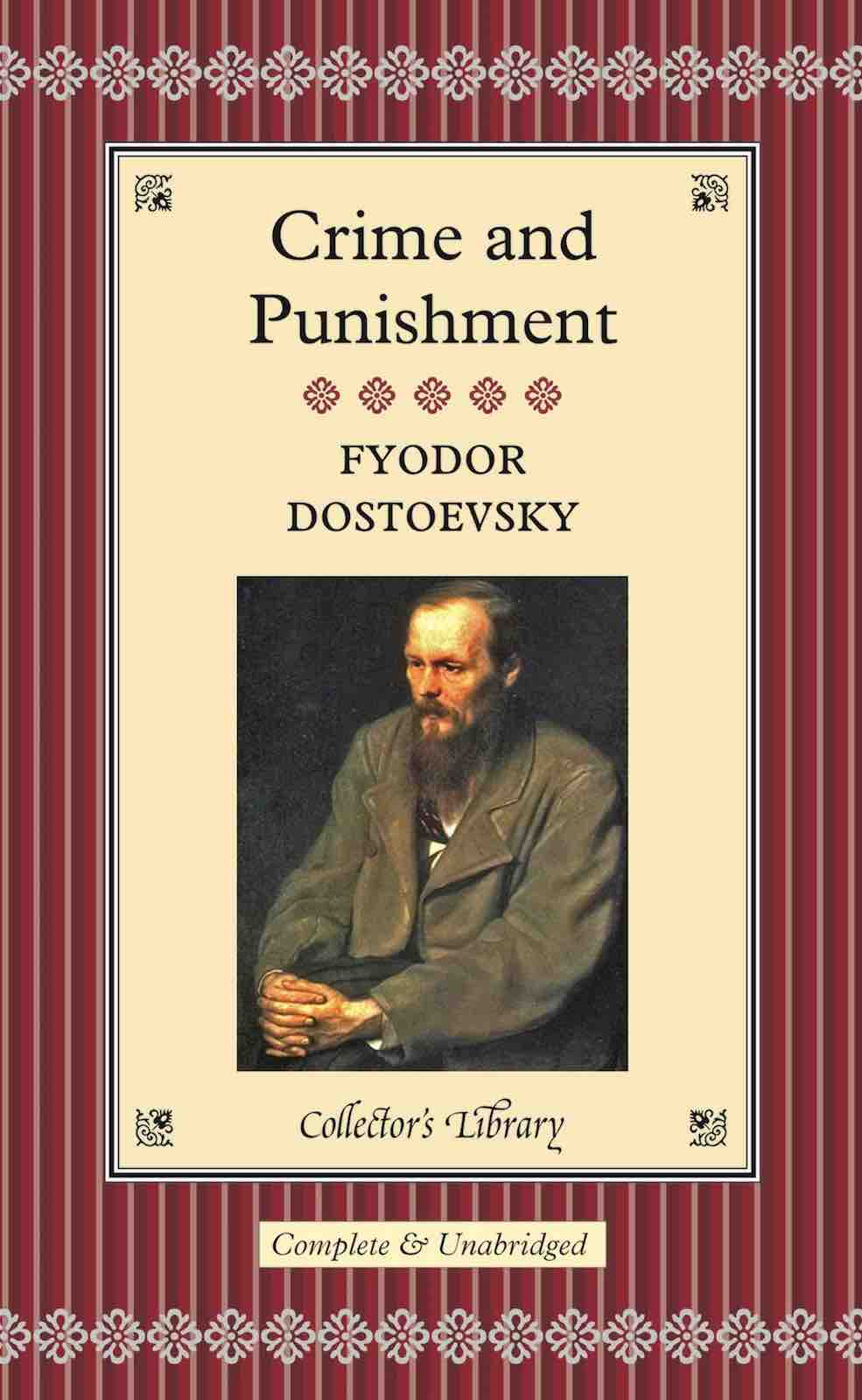
Crime and Punishment
Some of the best films are primarily character studies, foregoing action and plot to pick apart the thought processes of human subjects and empathize with their situations and inner thoughts. No novelist has ever done this better than Fyodor Dostoyevsky, who chronicles the collapsing mind of a young killer in his magnificent Crime and Punishment. Essential for discovering the literary roots within history’s best films.

The Art of War
Like Crime and Punishment, this is a surprising entry that has little to do with cinema but has numerous applications outside of warfare that make the book essential reading for pretty much anyone. Often tackling the question of how to win wars and battles without physical combat, Sun Tzu’s ancient guide has become essential reading for many Japanese companies when hiring executives.
Ultimately, the book guides the reader on becoming the best leader he can be, a vital skill of any good director.

Easy Riders, Raging Bulls
Peter Biskind is the author of three books on cinematic history, but none are quite as riveting as his accounts of the sleaze, drugs and parties behind your favorite masterpieces of the 1960s through the early 80s. A revealing tale of Hollywood after its Golden Age, Biskind ensures his readers will never look at the most tumultuous, exciting period of filmmaking history the same again. Scorsese, Lucas, Coppola, and Spielberg are not quite as they seem.
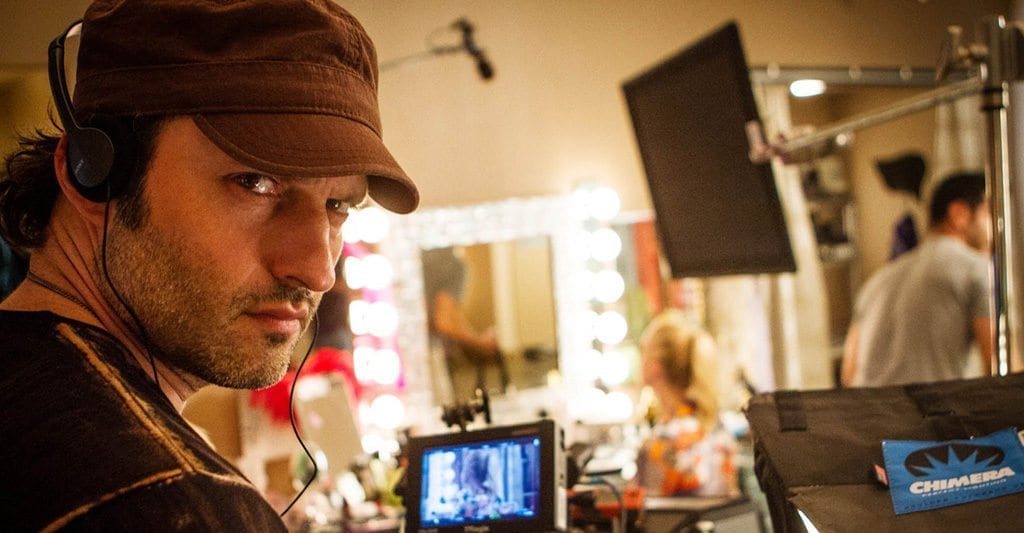
Rebel Without A Crew
Robert Rodriguez understands better than anyone that most filmmakers start with next to nothing. Now a frequent collaborator with Quentin Tarantino, Rodriguez’s memoir recounts his experience at a medical testing facility to raise a measly $7,000 to make his first feature film, El Mariachi.
A good filmmaker trying to make it with independent features needs to be wise to the challenges of the job, and no book is more sobering about the fact that no one makes it into the Hollywood studio system without skill, hard work, and a little bit a luck than Rodriguez’s tale of maverick filmmaking.
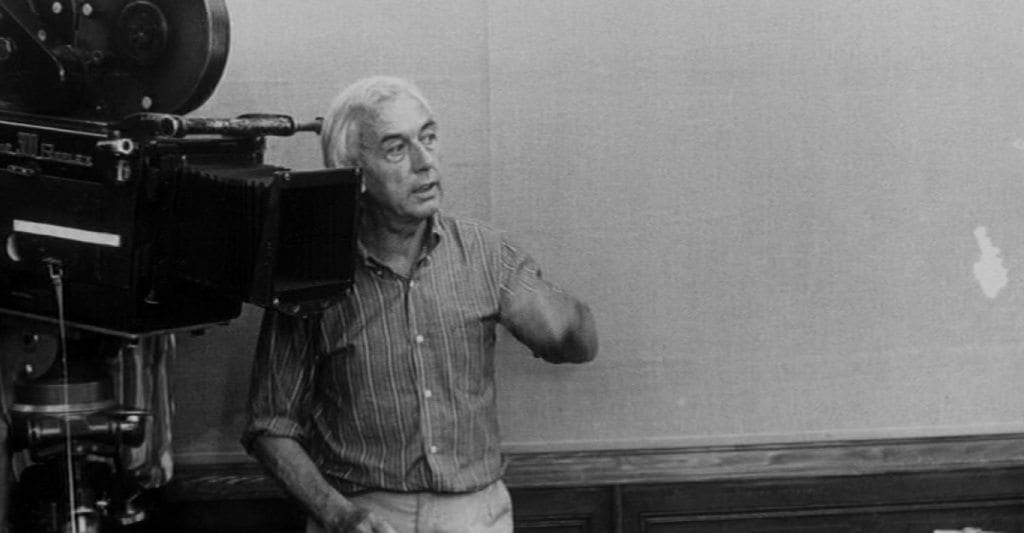
Notes on a Cinematograph
Much like Andrew Sarris, director Robert Bresson’s meditations and thoughts on the cinema process are not to be taken as a straightforward read. A simple collection of notes taken during the filming of such films as Bresson’s A Man Escaped and Pickpocket, there are gems of wisdom found on each and every page. At least one of Bresson’s words of advice is guaranteed to enter your everyday mantra.





